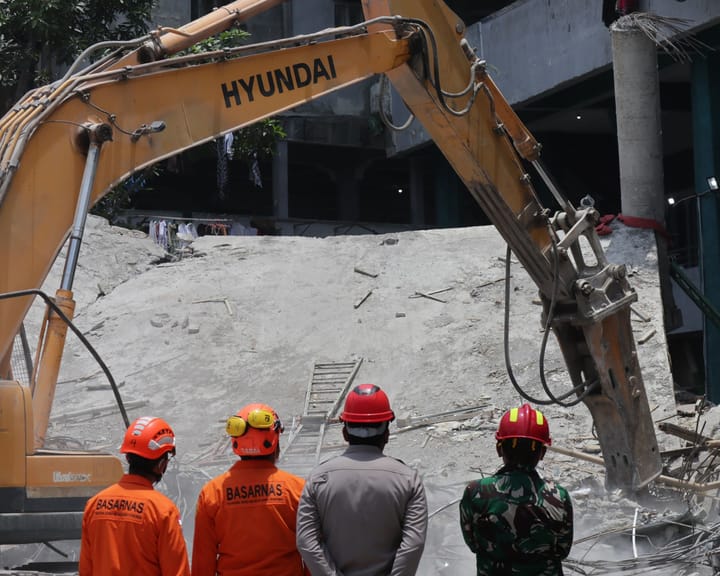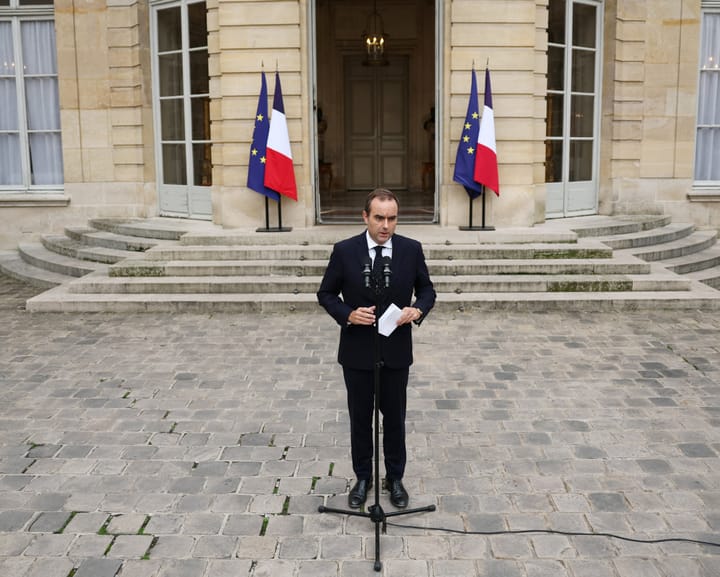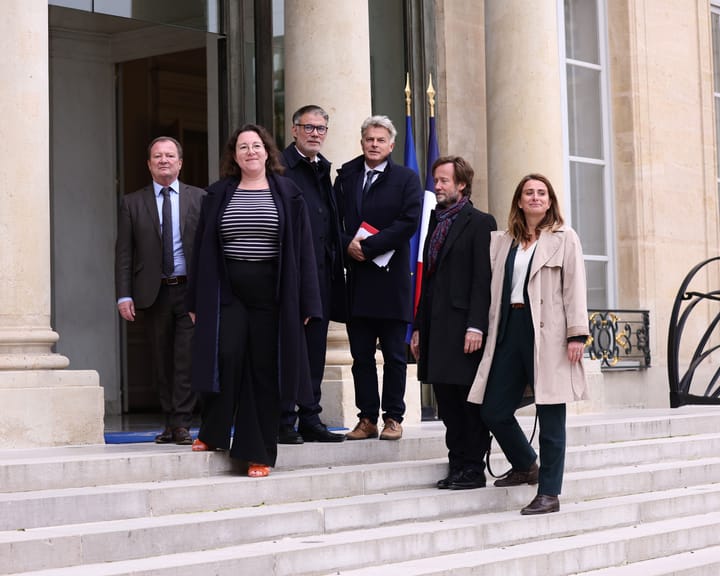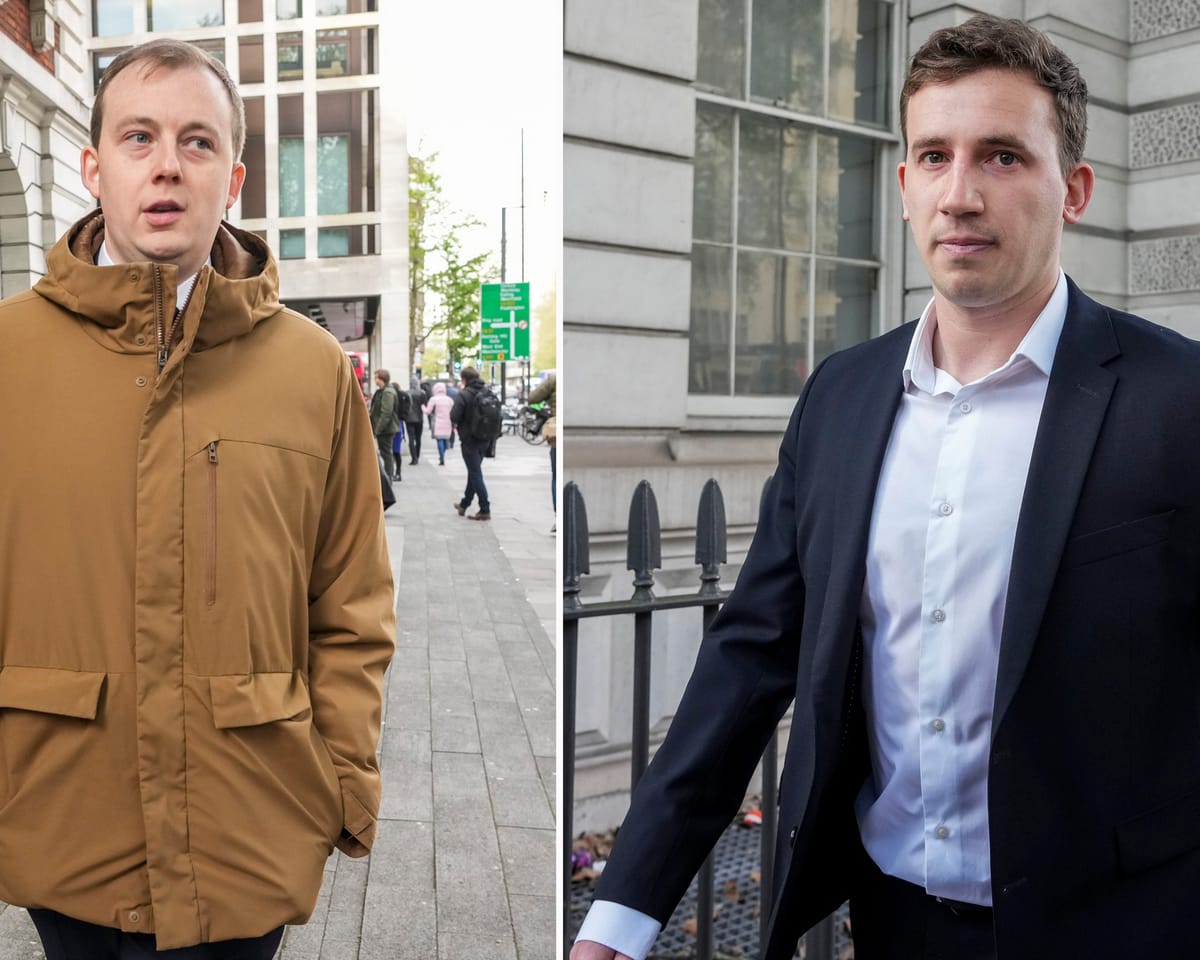Charges against two men accused of spying for China were unexpectedly dropped last month after prosecutors failed to secure key evidence confirming that Beijing posed a "threat to the UK’s national security."
Stephen Parkinson, the director of public prosecutions, informed two parliamentary committee chairs that despite efforts over "many months," the required official statements from government ministers and officials were not provided.
The decision not to pursue the case has raised concerns about the UK’s stance on addressing concerns related to China. The chief prosecutor did not identify any individual responsible for the lack of evidence. Recent allegations suggested that national security adviser Jonathan Powell had blocked the submission of evidence, though Downing Street denied this claim.
Christopher Cash, 30, and Christopher Berry, 32, had their charges dismissed by the Crown Prosecution Service just weeks before their trial was set to begin. Prosecutors initially stated only that the case no longer met the "evidential standard."
Both men denied the allegations. At the time of the alleged offenses, Cash worked as a researcher focusing on China for Conservative MP Alicia Kearns, while Berry, an associate, was a researcher based in China. They were accused of sharing information about Westminster that reportedly reached Cai Qi, a senior figure in China’s ruling politburo.
The necessity to define China as a national security threat arose from a separate case involving six Bulgarian individuals convicted earlier this year under the 1911 Official Secrets Act—the same law under which Cash and Berry were charged. They were found guilty of spying for Russia.
Under the 1911 law, espionage includes actions "prejudicial to the safety or interests of the state" by sharing information that could benefit an "enemy." According to Parkinson, the court later determined that an "enemy" under this law includes any country posing a threat to the UK’s security at the time of the offense—a clarification made weeks after Cash and Berry were charged in April 2024.
Following this ruling, prosecutors sought additional evidence from the government, with deputy national security adviser Matthew Collins providing testimony on the broader geopolitical context of the case.
"Efforts were made over many months," Parkinson wrote, "but while more witness statements were submitted, none confirmed that China was a national security threat at the time of the alleged offenses. By late August 2025, it became clear this evidence would not be provided."
"When this was confirmed, the case could no longer proceed," Parkinson stated in a letter addressed to Karen Bradley, chair of the home affairs committee.
Read next

"Indonesia school collapse: rescue efforts conclude with 67 fatalities"
Search Ends After Indonesian School Collapse Leaves Dozens Dead
Indonesian rescuers concluded their search on Tuesday for victims trapped beneath the rubble of a collapsed Islamic boarding school in East Java, after recovering more than 60 bodies, authorities confirmed.
The tragedy in the town of Sidoarjo struck last week when

"French PM makes last-ditch effort to save government as crisis deepens – Europe updates"
France's Political Standoff Continues as Prime Minister Seeks Cross-Party Support
France remains at a political stalemate as the outgoing prime minister, Sébastien Lecornu, makes a final attempt to gather support from rival parties for a new government.
President Emmanuel Macron assigned Lecornu, 39, to form a government in

"Macron calls emergency talks with parties to swiftly pick new PM"
Emmanuel Macron has called upon the leaders of several political factions to his office, urging them to demonstrate "collective responsibility" as he seeks to appoint a new prime minister amid growing political turmoil.
All parties except Marine Le Pen’s far-right National Rally, the largest opposition group, and

